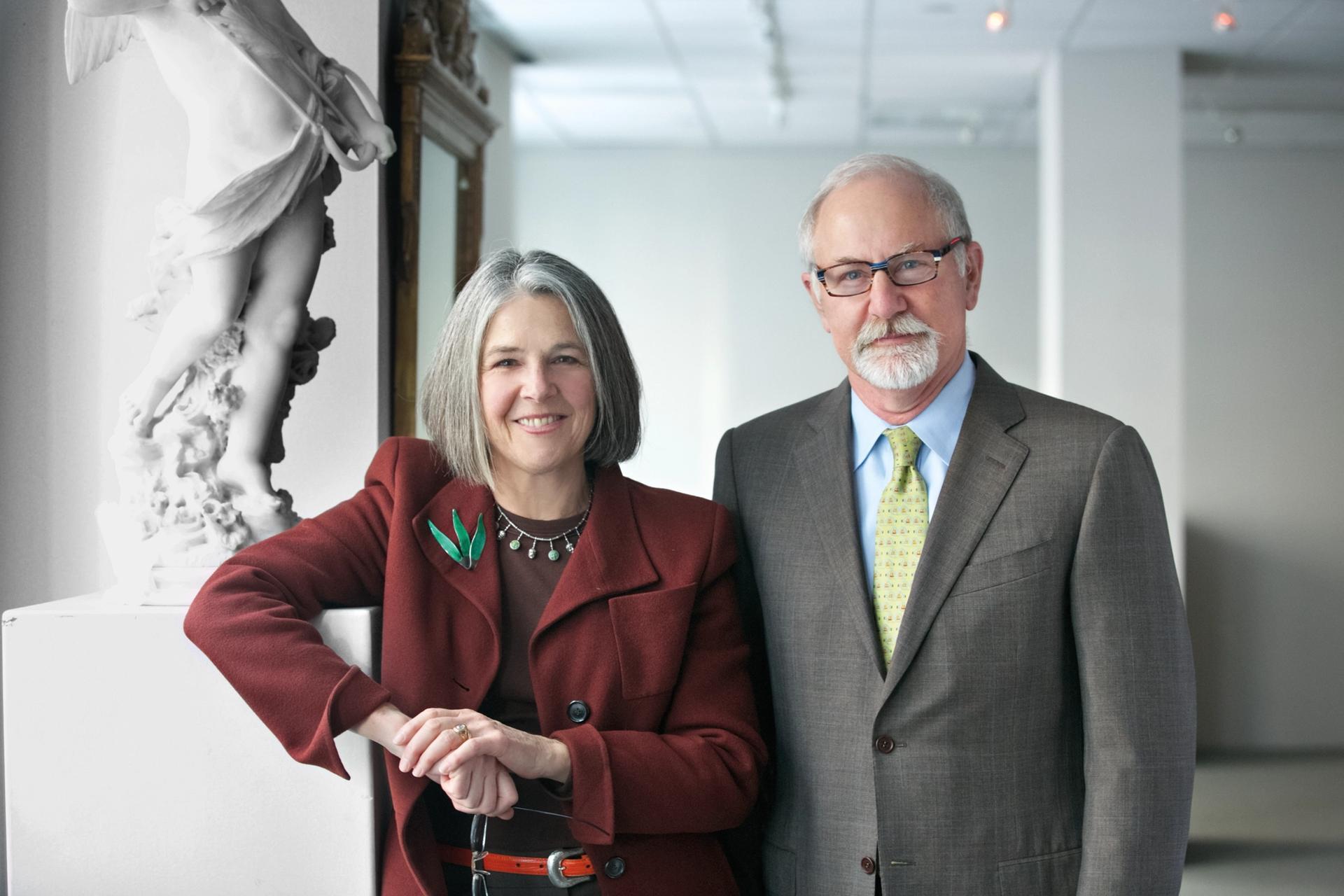Bonhams has further extended its global reach by making another acquisition, this time in the US. It has bought the venerable New England auction house Skinner, based in Boston, Massachusetts. The new company will be called Bonhams Skinner. Financial terms of the deal have not been revealed.
The move means Bonhams is further bolstering its US presence: the firm already has salerooms in Los Angeles and New York, and 18 offices in other American towns, from Scottsdale, Arizona, to Seattle in Washington state.
Bonhams has been owned by the private equity firm Epiris since 2018, while Skinner was founded in 1962 by Robert W. Skinner: his first hire was Stephen Fletcher, now chief auctioneer and executive vice president. Fletcher and chief executive Karen Keane have co-owned the company until the present sale. It has 75 employees—compared to Bonhams, which numbers over 650.

Karen Keane and Stephen Fletcher, the previous owners of Skinner
Courtesy of Skinner
Skinner is particularly known for its specialist departments in American furniture and the decorative arts, as well as paintings and Chinese works of art. It holds around 80 sales a year in Boston and Marlborough, Massachusetts, and is the leading auction house in the area. Back in 2004 it scored the highest price for any work of art sold in a New England auction, achieving $5.5m for the mid-19th century artist Fitz Henry Lane’s Manchester Harbor. And it made a robust $24.7m in 2014 for an Imperial Qianlong fencai vase.
The acquisition is also another sign of consolidation in the sector, following on the heels of Bonhams’ acquisition of the leading Nordic auction house Bukowskis in January.
The deal makes sense for both sides, according to the interested parties. Speaking about Bonhams’s “local to global strategy”, chief executive Bruno Vinciguerra notes Skinner’s well established digital footprint throughout the US, while Skinner’s Karen Keane says the two companies are “a great match”. Alex Fortescue, a managing partner at Epiris, hints that there might be more to come, talking about how the investors have “built and executed an M&A pipeline”, noting that the deal “offered exciting prospects for further growth.”


